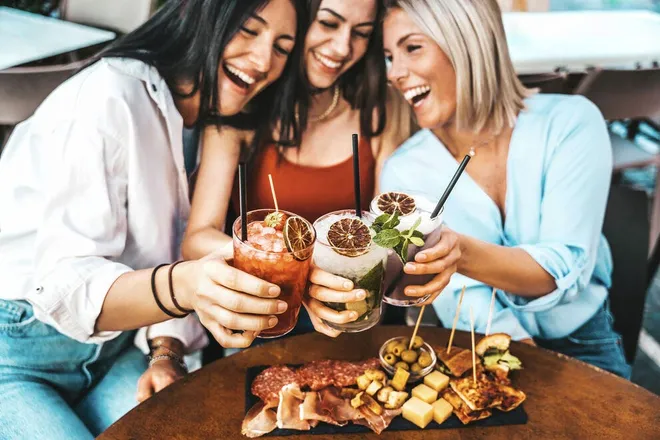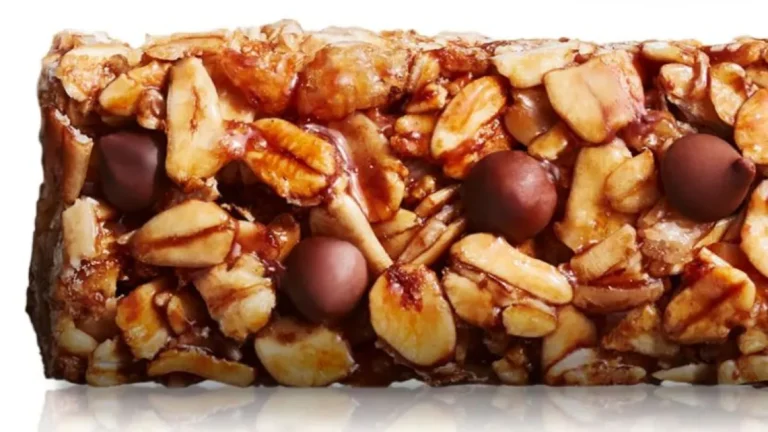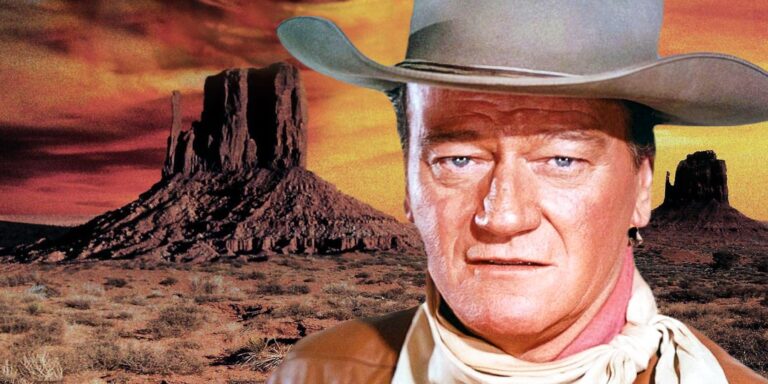The numbers are in: Gen Zers are drinking less alcohol than our elders. And that’s not just because many of us are still below the legal drinking age of 21.
Data from the National Institute on Drug Abuse shows that lifetime, past year and past month drinking among high school students has been declining since about 2000. This is despite alcohol consumption having risen overall in recent decades, according to figures from the National Institute of Alcohol Abuse and Alcoholism.
A survey conducted in 2023 also found that the portion of adults under the age of 35 who say they ever drink dropped from 72% in 2001-03 to 62% in 2021-23.
It’s clear that young people, zoomers and millennials, in particular, are less hooked on the world’s oldest and most widely used drug than members of previous generations were at our age.
Why does Gen Z have so little interest in drinking?
Gen Z’s trend toward abstinence might seem like a good thing. After all, it could be a sign that we’re more aware of alcohol’s adverse health effects or simply don’t like the impulsive and, oftentimes, unvirtuous people we become when we drink.
But what if our abstinence isn’t an indication of our social progress but rather our regress? That is, what if the real reason we’re drinking less alcohol ‒ which is widely acknowledged to be a social drug ‒ is because we’re more lonely and socially isolated than ever?
As someone born in 2000, I am an older member of Generation Z, born between 1997 and 2012. While neither I nor the vast majority of my friends are teetotalers, I have recently been struck by how many of my peers seem to spend their Saturday nights staying home and watching Netflix instead of going out to clubs and bars.
At first, I thought the trend must just be descriptive of my social group ‒ after all, I did go to a university known for its lack of party culture and whose nickname is “where fun goes to die.”
But after noticing increasing numbers of young women posting online about entering their “grandma era,” I began to wonder whether young people today are more sober than we used to be and whether that could be related to a broader shift in our lifestyles that could come with downsides about wellness.
To be sure, alcohol does have negative effects on one’s health. As U.S. Surgeon General Vivek Murthy recently reminded us, alcohol is responsible for about 100,000 cases of cancer and 20,000 cancer deaths each year in the United States alone. Moreover, excessive drinking has been shown to cause damage to the heart, liver and pancreas.
Gen Z is a generation of lonely people. It’s concerning.
Having grown up in the digital age, in which health and medical information is very easily accessible, there’s a good chance that young Americans are cutting back on drinking because we possess greater knowledge of its long-term risks. If this is the case, we all should undoubtedly applaud Gen Z for being proactive and taking the necessary precautions.
It’s also likely that zoomers’ hesitancy to drink has something to do with our preoccupation with mental health. Young people today tend to be more open about our issues and, thus, more inclined to deal with our anxiety and depression by seeking out therapy and other forms of professional help instead of simply hoping to blow off steam by drinking and partying ‒ another generally positive development.
However, the surgeon general also made another observation about Americans’ lifestyles and health recently that might go an even longer way in explaining why Gen Z is more sober than older generations. The observation was that Americans ‒ young people, especially ‒ are experiencing an epidemic of loneliness and isolation.
In a 2023 report, Murthy wrote: “Loneliness is far more than just a bad feeling ‒ it harms both individual and societal health. It is associated with a greater risk of cardiovascular disease, dementia, stroke, depression, anxiety, and premature death.”
The surgeon general has since reiterated that Americans are becoming increasingly socially disconnected, which is having detrimental effects on their well-being.
Young Americans are increasingly antisocial and sober
The loneliness epidemic impacts zoomers more than it does older generations. The surgeon general’s report says that young adults are almost twice as likely to report feeling lonely than those older than 65, and that the rate of loneliness among young adults has increased every year between 1976 and 2019.
Similarly, a 2021 report from The Cigna Group found that 79% of adults ages 18-24 reported feeling lonely, compared with just 41% of adults older than
While it’s impossible to say for sure, I suspect that Generation Z’s sobriety is less a deliberate, health-conscious choice and more a symptom of our lack of social connection ‒ that is, our lack of friends and even family members we could potentially go out and have a drink with.
Binge drinking, blacking out every weekend and suffering terrible hangovers might not be good for our health, but neither is staying home all day and night to doomscroll on social media. We zoomers are all intuitively aware of the toll that the latter takes on our mental and even physical health, but we do it anyway because we simply have fewer opportunities to engage in social activities that, yes, may involve going outside on occasion to have a few alcoholic beverages with our peers.
Being aware of the risks of a potent and addictive substance and abstaining when we believe it’s the most responsible choice is, no doubt, a healthy thing. But if we’re defaulting to sobriety because we’re letting our antisocial tendencies get the best of us, we might actually be doing ourselves a disservice.
Now that Dry January is over, many Americans will have gotten a taste of what it’s like to go an extended period of time without drinking. They might appreciate the boost of mental clarity and productivity that their sobriety gave them and could have even learned how to avoid relying on alcohol as a social crutch.
With Generation Z, however, it may very well be the case that we could actually benefit from drinking a bit more frequently than we have ‒ if not because any amount of alcohol is unquestionably good for our physical well-being, then because the social bonds it tends to foster will make us happier, healthier individuals.















